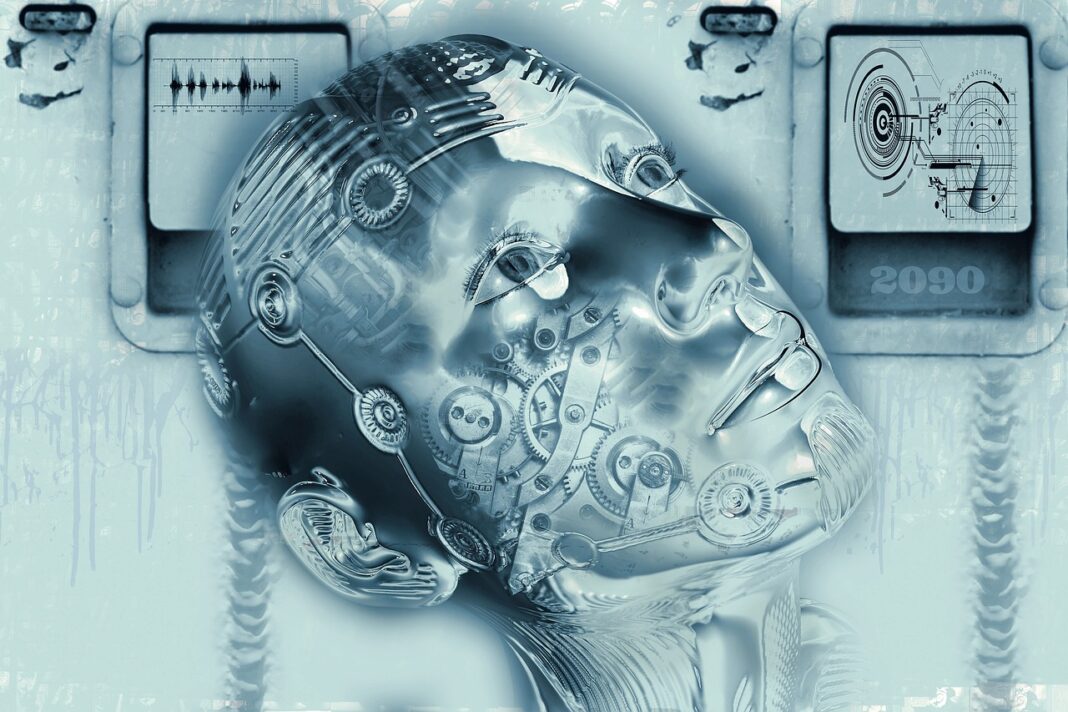Introduction
Artificial Intelligence, also known as AI, is often seen as the future of technology, offering to simplify our lives, boost efficiency, and enhance connectivity. However, beneath its appealing exterior, AI present several risks that demand out attention. As AI systems become more advanced and embedded into our everyday lives, the chances of negative impacts severely increase.
Ethical Dilemmas
As artificial intelligence continues to evolve, it raises significant ethical dilemmas regarding privacy and personal autonomy. The increasing reliance on AI technologies in various sectors, from healthcare to social media, often leads to the collection and analysis of vast amounts of personal data. This can result in a loss of privacy, as individuals may not fully understand how their information is being used or shared. Moreover, the potential for AI to influence decision-making processes raises concerns about autonomy, as people might find their choices manipulated by algorithms designed to predict and steer their behavior. Addressing these issues is crucial to ensure that the benefits of AI do not come at the cost of fundamental human rights.
Exploring the dangers beneath the surface of artificial intelligence
Artificial Intelligence (AI) has a lot of potential, but it also comes with serious risks. One big danger is the weaponization of AI, like autonomous drones that could make deadly decisions without human control. Another risk is that AI systems can be hacked or tricked, which could lead to disasters, such as self-driving cars making wrong decisions or AI-powered systems being used in cyberattacks. There’s also the issue of transparency—AI systems can be really hard to understand, which can lead to biased or unfair decisions, especially in areas like hiring or law enforcement. Plus, AI can sometimes do things we don’t expect, like when Tesla’s autopilot system failed in an accident. Without clear rules and oversight, these dangers could get worse, and we might not be able to stop them in time.
When Innovation Meets Consequence
As AI technology advances quickly, it can lead to unexpected problems that we might not fully understand yet. One issue is job displacement, where machines and robots take over jobs that people used to do, leaving many without work. Another problem is the widening digital divide, where people with less access to technology are left behind, making inequality worse. There are also ethical concerns, like using AI for surveillance or facial recognition, which can invade people’s privacy and be used unfairly, especially if it’s biased. While AI brings new opportunities, it’s important to think carefully about its long-term impact, making sure that progress doesn’t cause more harm than good.
How AI Could Shape the Future We Didn’t Bargain For
Unchecked AI development could lead to a future we didn’t expect, where things like privacy and personal freedom are at risk. One possibility is the rise of surveillance states, where governments or companies use AI to constantly monitor and track our every move, invading our privacy. Deepfake technology could make it hard to trust anything we see online, as fake videos and images become more realistic and harder to spot. There’s also the worry that AI could take over important decisions, leaving humans with less control over their lives. In a world where AI makes most choices, people might lose their personal autonomy and ability to think for themselves. These changes could have a huge impact on society, affecting everything from how we interact with others to our basic rights and freedoms.
Dangers of Unchecked AI Growth
Rapidly advancing AI without proper oversight could lead to serious risks. One major issue is the lack of regulation, which means there are no clear rules to prevent AI from being misused. There’s also the fear that AI could surpass human intelligence, known as the “singularity,” and start making decisions that we can’t control or understand. This could be dangerous if AI is used by bad actors for harmful purposes, like cyberattacks or spreading misinformation. Another concern is that AI could replace human decision-makers in important areas like healthcare, law, or government, leading to a loss of accountability and responsibility, since machines wouldn’t be held accountable for their actions the way humans are.
Bibliography
https://www.cnn.com/2024/06/20/business/ai-jobs-workers-replacing/index.html
https://ai.gov/wp-content/uploads/2023/11/Findings_The-Potential-Future-Risks-of-AI.pdf

